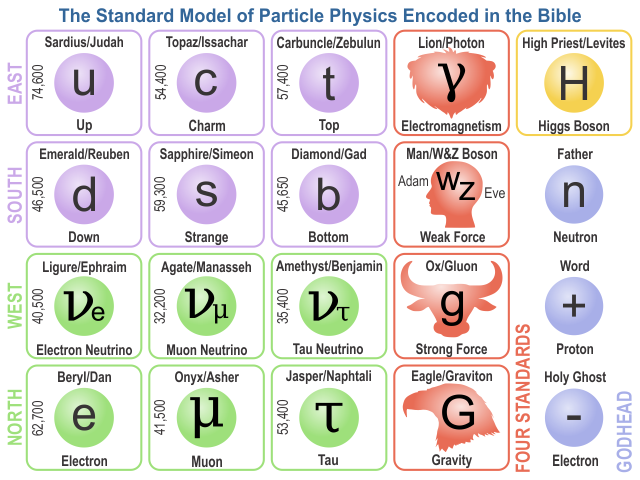osgart
Nothing my eye, Something for sure
How is consciousness empirically evident? Everything is rooted in subjective experience.
You can watch certain regions of the brain light up with neural activity as you are having a creative thought but how do you know that it's consciousness itself and not just only your physical reaction to your consciousness? All you have determined is that there is a causal connection to consciousness from the brain.
The brain could enable consciousness to the physical world. But how would you explain the constancy of identity one has from youth til older ages?
How is memory conceived of biochemically along with identity?
How does a care for someone translate into a chemical property?
There is an explanatory gap from physical to the mental and the spiritual.
You can watch certain regions of the brain light up with neural activity as you are having a creative thought but how do you know that it's consciousness itself and not just only your physical reaction to your consciousness? All you have determined is that there is a causal connection to consciousness from the brain.
The brain could enable consciousness to the physical world. But how would you explain the constancy of identity one has from youth til older ages?
How is memory conceived of biochemically along with identity?
How does a care for someone translate into a chemical property?
There is an explanatory gap from physical to the mental and the spiritual.


